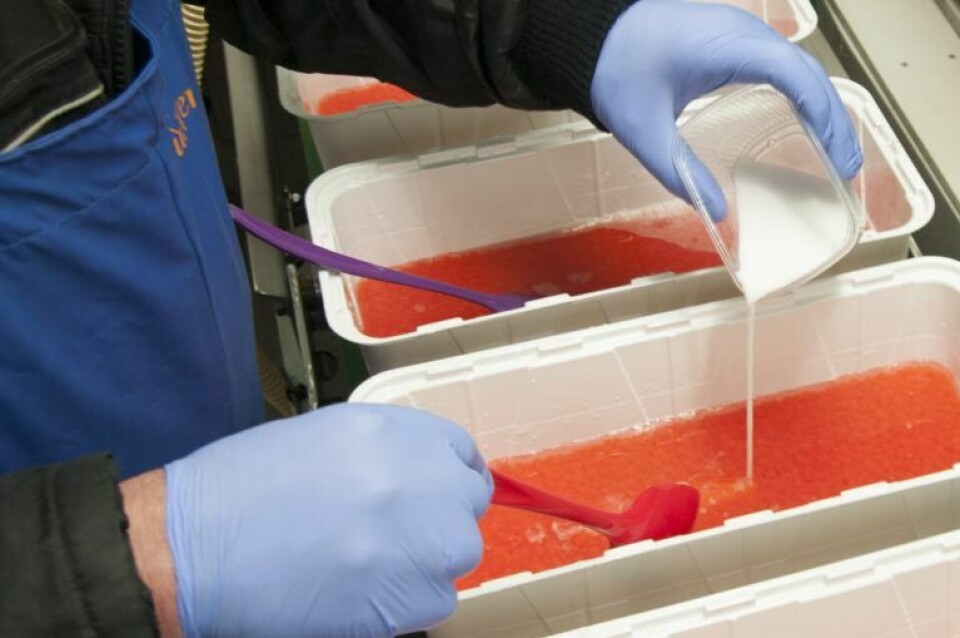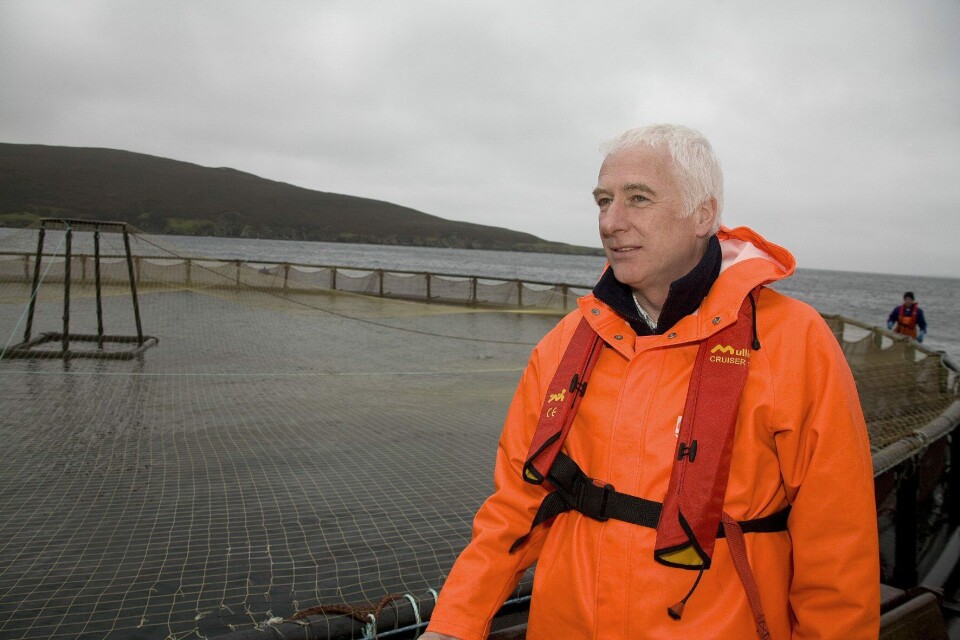
Scottish government urged to curb salmon egg imports
The Scottish Government is being urged to curb salmon egg imports, after it was revealed that 90 per cent of Scottish salmon is imported as eggs from overseas.
According to a response to a Freedom Of Information request by the Global Alliance Against Industrial Aquaculture, Norway accounted for 86 per cent of egg imports to Scotland in 2016 - up from 14 per cent in 2003 - with 53 per cent of imported eggs sourced via the Aquagen company.
The response revealed that foreign egg imports rose from 16.8 million in 2003 to 59.8 million in 2015, while domestic egg production in Scotland declined from 135 million in 2008 to 11.6 million in 2015.
In 2016, Marine Harvest imported 14.5 million eggs - all from Norway, accounting for 34 per cent of all egg imports. The same year the Scottish Salmon Company imported 12.4 million eggs - again all from Norway - accounting for 30 per cent of eggs imports.
No data was provided for Scottish Sea Farms because, the company said, “disclosure of this particular information would, or would be likely to, prejudice substantially the confidentiality of commercial information provided by Scottish Sea Farms and thus cause substantial harm to their commercial interests”.

'Ever-increasing demand'
Don Staniford, director of the Global Alliance Against Industrial Aquaculture, said the Scottish Government should immediately stop imports of foreign ova, which he believes increases the risks of outbreaks of diseases such as infectious salmon anaemia.
The anti-salmon farming campaigner said companies such as Marine Harvest, Scottish Sea Farms and the Scottish Salmon Company were misleading customers by trading on the internationally recognised image of Scottish salmon yet import salmon eggs from Norway.
However, Scott Landsburgh, chief executive of the Scottish Salmon Producers’ Organisation, insisted there is insufficient capacity off eggs to meet the ever-increasing demand for Scottish farmed salmon.
“As a member of the EU, we are bound by rules governing free trade with other countries,” he said. “All of the eggs used by the Scottish salmon farming industry hatch and complete their life cycle in Scotland. Scottish provenance is defined by the environment in which the fish are grown from hatching through to harvest.”























































